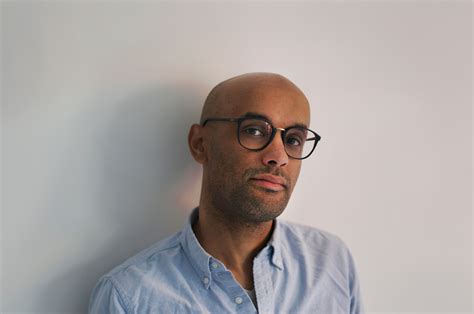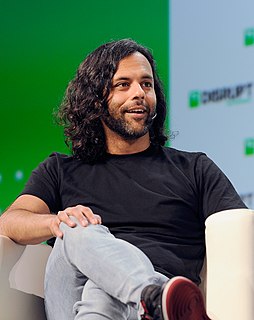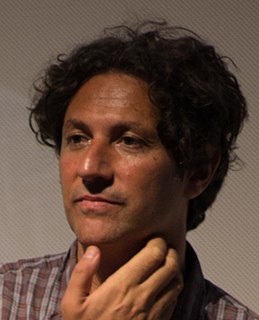A Quote by Tom Cotton
Why would you codify a set of safeguards you might want to change as technology evolves and you face new risks of privacy, in addition to changing safeguards that might need to be relaxed in an emergency situation?
Related Quotes
When one plan that you have, to get this or to get that, to advance in the world, or whatever it might be, when that seems in danger of veering off the path you have set for it, you have your emergency plan ready. And in simple language what that emergency plan is, what you put into operation, is called worry. If you can worry you are occupied, and what an incredible human situation it is!
Profitability, growth, and safeguards against existential risks are crucial to strengthening a company's long-term prospects. But if these three factors constitute a company's 'hard power,' firms also need 'soft power': public trust and acceptance, won by fulfilling a company's social responsibility.

































